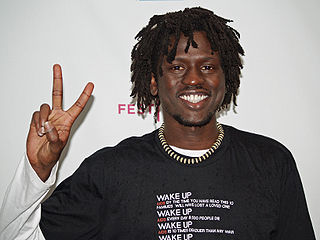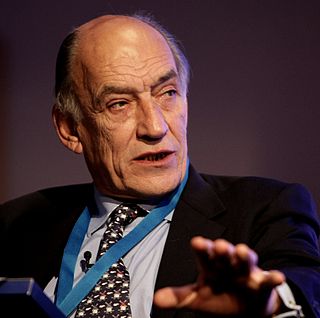A Quote by Emmanuel Jal
Related Quotes
When we talk about the issue of child soldiers, it can be easy to focus just on ending recruitment and liberating those boys and girls who are currently being held in military camps. Obviously, both of these are incredibly important goals, but it's also essential that we not forget about former child soldiers once they are liberated.
For many child soldiers, war and violence are all they have ever known. If we don't take it upon ourselves to show them an alternative, then they're going to be soldiers forever, and they'll continue to be recruited and to participate in violence if another conflict starts five or 10 years down the road.
I would like to suggest that our minds are swamped by too much study and by too much matter just as plants are swamped by too much water or lamps by too much oil; that our minds, held fast and encumbered by so many diverse preoccupations, may well lose the means of struggling free, remaining bowed and bent under the load; except that it is quite otherwise: the more our souls are filled, the more they expand; examples drawn from far-off times show, on the contrary, that great soldiers ad statesmen were also great scholars.



































